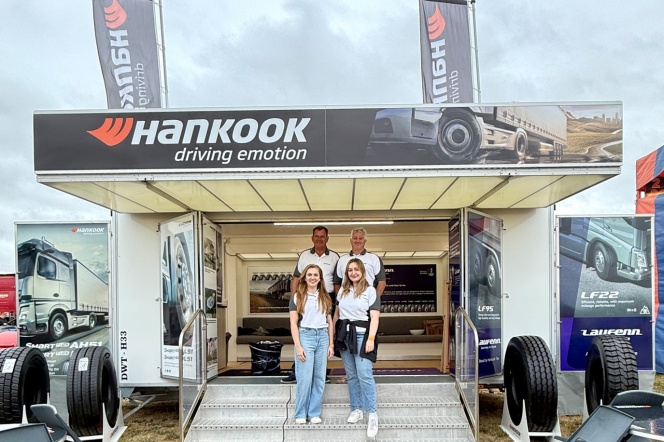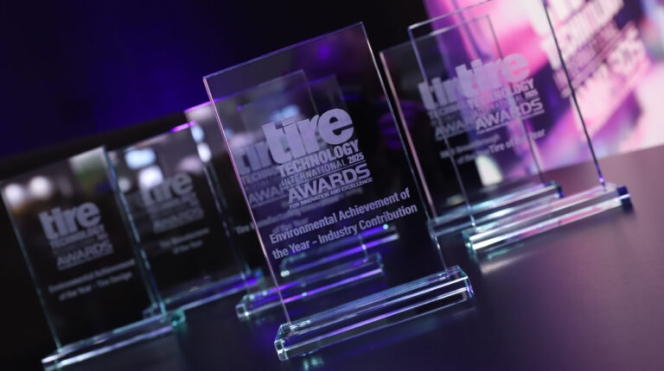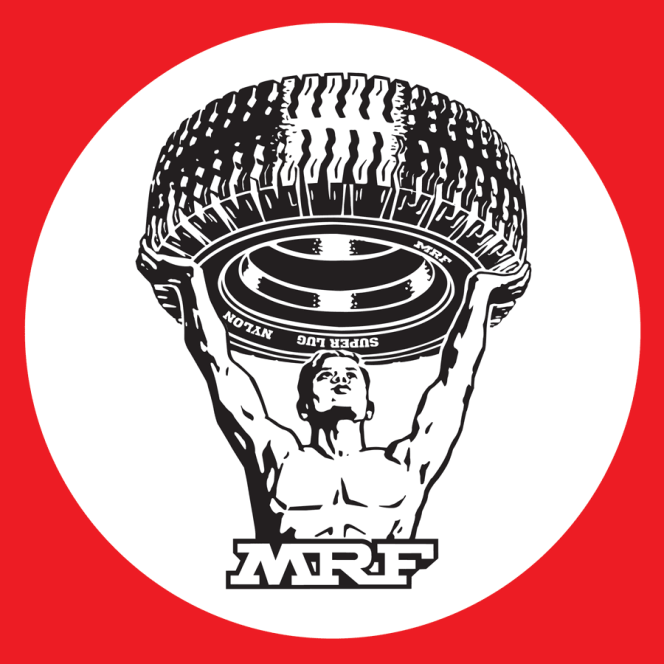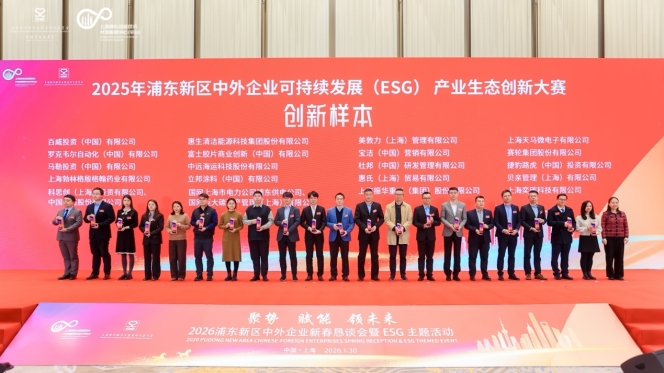At the end of the day, the most decisive reason for innovation is that on the one hand the customer wants the best in the shortest amount of time and for the lowest price, and on the other hand the manufacturer wants to deliver the equipment as expected while making a profit. Everyone's inputs grow, and we all expect lower outputs. Both parties have fundamentally one thing in common: they want a line with the best parameters and at a good price. For one, it is budget and for the other, profit.
The path is the goal.
A well-prepared journey will help accomplish the goal. The path begins in the preparation and pricing of the project, in the communication of both parties. In modularity, in unification and standardisation. Also, in the use of the right CAD software, PLM system, linking the standing documentation with electrical documentation, with pneumatic documentation, and with hydraulic diagrams. The interconnectedness of PLM, PDM, CRM and ERP is is a necessary basis for success.
But even in this area, there is no need to go into everything headless and at once. Choosing a path is about carefully considering all the steps in assembling an imaginary puzzle. The trajectory in the imaginary pyramid of success does not have to be universal. It must be clearly defined, measurable and strategically defined and based on the vision of advancing society.
Customising incremental sections of a path creates a standard.
There is a lot of talk about I4.0 at the moment and it is being applied a lot. But are we doing it right? Are we following the right procedure?
It is not enough to deploy smart components and collect data from the line, create trends and statistics. Adding a number of sensors to have an almost perfect overview of what is happening on the line, increasing the level of automation and many marketing messages. Yes, marketing is also needed, but with a clear head, because otherwise it will cost us a lot and it will be disproportionate to the amount invested. Alternatively, the return on investment will be long and uninteresting.
FoIA, our company, significantly presents, holds, and understands areas of I4.0. However, it can also apply it correctly. Apply it so that it meets mutual expectations and ensure return on investment.
At the same time, company FoIA learns how to correctly apply the principles of I5.0. How not to create waste neither solid nor social nor urban nor waste from the process. This topic has its author, it is a new concept with fundamental principles so that with I4.0 we do not forget what we produce.
Innovation
As I mentioned, manufacturers of lines and equipment for the rubber industry are under pressure from customers, investors, the industry in which they operate. They are under pressure from new expectations and trends. The effect of this is that, in principle, the production system of semi-finished products for the production of car tyres has not fundamentally changed in recent years. I am not talking about the materials used. I have been working in this industry for 19 years, moving from mechanical design, electrical construction, project management to managerial functions and up to the level of CTO.
I have seen several devices around the world from reputable manufacturers and during my 19 years of experience, as a FoIA representative, I can thoroughly assess that the Tyre Technology Production line has a very conservative approach to new technologies and to changing the principle of thinking.
This is despite the fact that we are inspired by the industries ahead and around us, which are in the context of a huge trend in robotics and automation from other industries much further.
Finding a few trends in production facilities or smart factories or being proud that “we have put a robot on the line” will not make us an innovator.
When creating lines, experience, references and working applications often play a role, and many other aspects that we do not like to interfere with, we are glad that they exist, that it is possible to rely on them.
As manufacturers of machinery and equipment, in addition to our technical knowledge, we must also involve our imagination for non-traditional solutions and the ability to listen to the needs of the end customer.
It is also necessary to take into account the qualitative indicators of the customer. Such as the rolling resistance coefficient of a tyre or the unevenness of tyre wear. Negative parameters can be removed by the concept and functionality of the production line for semi-finished products. It is not correct if only one side deals with the problem of the common product (tyre).
Innovation is evolution.
The advantage of FoIA is an unbiased but experienced view of current solutions, the current process of creating documentation, the current thinking in creating the concept of the production line. The path is different in thinking, in the way of properly investing time in new solutions, effective deployment of R&D capabilities on a strategic path to achieve the goal.
Changing not only the product but also the product creation process. These two parallel branches are so tied that they both must go together like two skis. If one dodges without the other, you will fall. If they go together, they go together safely, correctly, and quickly.
The strategic principle will bring the benefits you expect.
If, as a manufacturer of production lines and equipment, the costs of creating new lines are constantly rising and you are proud of I4.0, innovation, automation and robotics, I dare to say that you do not have the right strategy.
If you, as a manufacturer of car tyres, have increasing cost of purchasing new lines and increasing financial return from them, increasing cost of operation and maintenance, then you do not have the right strategy.
We at FoIA strive to change the way of thinking, to firmly tie the process to products, to apply new trends and to create innovations so that the development of both parties is sustainable and brings the expected effect.
FolA is open to cooperation with machine and equipment manufacturers as well as tyre manufacturers. We can find the right path to the goal that we can determine together. Our job is to find a solution to your company’s product or process problem.
Every cause has a consequence, and every shortcoming has room for innovation.
It is necessary for us to bring new solutions, new technologies and not be afraid to apply and test them. (TT)
PS: After all, even such a multi extruders line is "only" a multi 3D printer…
Hankook Confirms Partnership As Sponsor For Convoy Truck Shows 2026
- By TT News
- March 04, 2026

Hankook has confirmed its partnership for the 2026 Convoy Truck Shows, stepping in as an infield partner for the series, which runs in tandem with the British Truck Racing Championships (BTRC). These events offer a distinctive fusion of high-octane track action and the immersive atmosphere of a large-scale truck gathering. This renewed involvement deepens Hankook’s footprint at some of the most eagerly awaited dates on the UK motorsport and haulage calendar.
The season’s schedule commences with Convoy on the Plain on 16–17 May, followed by Convoy Cymru on 20–21 June. The flagship gathering, Convoy in the Park, will round off the summer season on 8–9 August. Attendees can look forward to a full agenda of British truck racing, breathtaking stunt performances, live entertainment and attractions for all ages, alongside a remarkable display of working vehicles, custom rigs and pristine show trucks. Mirroring its sponsorship of the Devon Truck Show, Hankook’s partnership with the Convoy series supports its wider mission to generate substantial donations for local charitable causes and community groups, positioning it as an event with purpose beyond spectacle.
At each of these shows, Hankook will spotlight its cutting-edge range of commercial and consumer tyres. Key exhibits will feature the SmartFlex AH51 for steer axles and the SmartFlex DH51 for drives, both engineered for long-haul and regional use and prized for superior traction and extended durability. Also on show will be the SmartFlex TH31 trailer tyre, the Vantra Transit summer tyre for commercial vans and several models from the Laufenn portfolio, such as the LZ22 all-weather drive tyre, the LF21 all-position tyre and the robust LF95 trailer tyre.
Rounding out the display are the Dynapro HP2 all-season SUV tyre and the iON evo SUV, a cutting-edge summer tyre purpose-built for electric vehicles, underlining Hankook’s forward-looking approach to sustainable mobility. Through its involvement in the Convoy Truck Shows, Hankook reinforces its dedication to the haulage industry by engaging directly with drivers, fleet operators and enthusiasts, showcasing tyre innovations focused on safety, efficiency and peak performance, all while actively contributing to valuable community initiatives.
Event Director Mike Quartley said, "We’re thrilled to have Hankook Tyre UK return as an official sponsor of the Convoy Truck Shows. After the success of last year’s collaboration, continuing the partnership was an easy decision for us. Hankook’s commitment to the industry and to our events adds real value across the board – from contributing to the scale and quality of the events to elevating the atmosphere and experience for our audience. We’re proud to be building on this relationship as the Convoy series continues to grow.”
- Tire Technology Expo 2026
- 2026 Tire Technology International Awards
- BioButterfly Project
- Twaron Next
- Lunar Airless Wheel
- Primacy 5 Energy
Tyre Industry Celebrates Innovation And Sustainability At 2026 Tire Technology International Awards
- By TT News
- March 04, 2026

The tyre industry gathered to honour outstanding innovation and individual accomplishment over the past year during the Tire Technology Expo 2026 held in Hannover. The Tire Technology International Awards, spanning 13 categories, recognised both technological progress and the commitment to a more sustainable future within the tyre sector. Organised by the Tire Technology International magazine, the winners were selected by an independent panel of journalists and technical experts.
Sustainability was a dominant theme, highlighted by three distinct environmental awards. Bridgestone received the award for tyre design innovation, celebrated for developing a truck tyre composed of 70 percent recycled and renewable materials, a notable industry milestone. In manufacturing, Continental was acknowledged for its significant strides in reducing freshwater consumption during production with the Environmental Achievement of the Year – Manufacturing award. The Environmental Achievement – Industry Contribution award went to the BioButterfly project, a collaborative effort involving Michelin, IFP Energies Nouvelles and Axens. This initiative was praised for creating bio-based butadiene from bioethanol, presenting a credible substitute for fossil fuel-derived materials and demonstrating strong potential for immediate industrial application.
Further technical achievements were recognised across several categories. Flexsys earned the Chemicals and Compounding Innovation of the Year award for developing the first practical alternative to the antioxidant 6PPD after extensive research. Teijin Aramid was honoured with the Materials Innovation of the Year award for industrialisation of its high-performance Twaron Next para-aramid fibre. A collaborative R&D breakthrough by Goodyear and TNO, which integrates tyre intelligence directly into a vehicle's automatic emergency braking systems to enhance safety, won the R&D Breakthrough of the Year award. In manufacturing equipment, Comerio Ercole’s advanced modular calendering line, Zeus, won the Tire Manufacturing Innovation of the Year award. Uzer Makina, a long-time finalist, was finally named Tyre Industry Supplier of the Year.
The event also celebrated conceptual and product excellence. Michelin had a particularly successful evening, first winning the Tire Concept of the Year award for its Lunar Airless Wheel, designed to withstand the extreme conditions on the moon. The company then claimed the highly anticipated Tire of the Year award for its Primacy 5 Energy, a tyre noted by the jury for achieving top EU label ratings in most sizes while offering improved longevity and reduced emissions compared to its predecessor. In the final major category, Continental was named Tire Manufacturer of the Year for the second consecutive year and the fifth time overall, following a review of the top manufacturers' yearly contributions.
The awards also highlighted personal achievements within the field. The Young Scientist Prize for 2026 was presented to Max Dixey, a PhD student at Queen Mary University of London, for his compelling presentation on the effects of carbon black activators. Finally, a Lifetime Achievement Award was bestowed upon Michelin’s Pascal Prost. A veteran engineer, researcher and long-time contributor to both the conference and the awards jury, Prost was celebrated by peers and colleagues for his enduring and significant impact on the tyre industry.
Matt Ross, Chairman of the awards and Editor-in-Chief of Tire Technology International, said, “As is now becoming the norm, this year’s awards were incredibly close. Continental and Michelin have picked up multiple awards and should be highly commended, but I’m also happy to see such an array of winners across the whole range of categories. The level of innovation on display across the tyre sector is staggering, and I hope that this year’s awards have captured even a hint of the groundbreaking work taking place to move this industry forward.”
On Frost’s achievement, Ross said, “For as long as I have worked on Tire Technology International and these awards, Pascal has been a valued contributor, a hugely appreciated advisor – and a wonderful sounding board. I would like to join with his peers and friends from across the industry in celebrating his phenomenal contribution to the tyre business.”
MRF Signs MoU With Tamil Nadu For Greenfield Plant At Sivaganga
- By TT News
- March 04, 2026

MRF has announced a significant move to expand its manufacturing footprint in southern India. The company revealed that it has signed a non-binding memorandum of understanding (MOU) with the Tamil Nadu Government, facilitated through the state’s nodal investment promotion agency, Guidance. This preliminary agreement outlines the company’s intent to establish a greenfield manufacturing unit dedicated to the production of automotive tyres and related ancillary products. The proposed facility is planned for location within the SIPCOT Industrial Park situated in the Sivaganga District of Tamil Nadu.
As the agreement is currently non-binding, its progression to a final commitment is contingent upon several conditions. These include the Tamil Nadu government’s sanction of a bespoke incentive package, the provision of necessary infrastructure, the allotment of land and the securing of all requisite statutory approvals in accordance with applicable state laws.
According to the official statement released by MRF, the project, upon receiving all clearances and moving forward, envisions a substantial capital outlay. The estimated investment for this venture is projected to be approximately INR 53 billion, with the capital expenditure to be phased over a 12-year period. Beyond the financial injection into the region’s economy, the initiative is also anticipated to be a major source of employment, with expectations of creating direct job opportunities for around 1,000 individuals.
- Sailun Group
- Sustainable Development (ESG) Industrial Ecosystem Innovation Competition
- Vale
- Mining Tyres
Sailun Group Honoured With ‘Innovative Model’ Award At Shanghai ESG Competition
- By TT News
- March 04, 2026

The second Sustainable Development (ESG) Industrial Ecosystem Innovation Competition for Chinese and Foreign Enterprises in Shanghai’s Pudong New Area recently concluded, with Sailun Group emerging as a distinguished honouree. Recognised for its collaborative ESG efforts with Vale, a global leader in metal and mining, Sailun received the prestigious ‘Innovative Model’ award, standing out as the sole tire company to achieve this recognition.
Organised jointly by the Shanghai Pudong Foreign-Invested Enterprises Association and the Shanghai Pudong Domestic-Funded Enterprises Association, the competition welcomed participation from companies registered and operating in the area, along with their partners. Invited by Vale Metals (Shanghai), Sailun took an active role by meticulously organising and presenting its innovative achievements in sustainable development. Through a structured application process highlighting solid practices and creative excellence, the company successfully secured the award.

Vale, one of the world’s foremost iron ore producers, maintains a longstanding strategic partnership with Sailun. Driven by a mutual dedication to sustainable supply chains, the two organisations have intensified collaboration, particularly in mining tyre supply. By integrating Sailun’s low-carbon tyre technologies, they inject environmental vitality into operations while enabling Vale to achieve refined efficiency through cutting-edge solutions. Their partnership exemplifies a synergistic model that harmonises efficiency, safety and low-carbon practices, serving as a standout case of ESG-driven empowerment across the industrial chain.







Comments (0)
ADD COMMENT